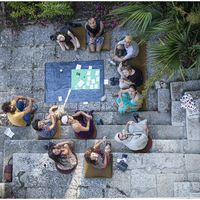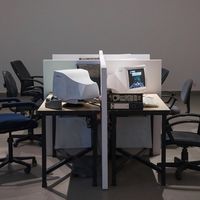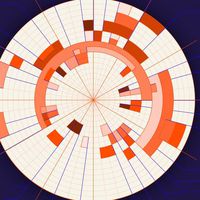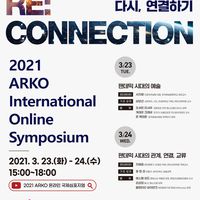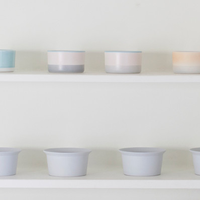Making systemic changes: reflections from artistic residencies in the Netherlands and Belgium
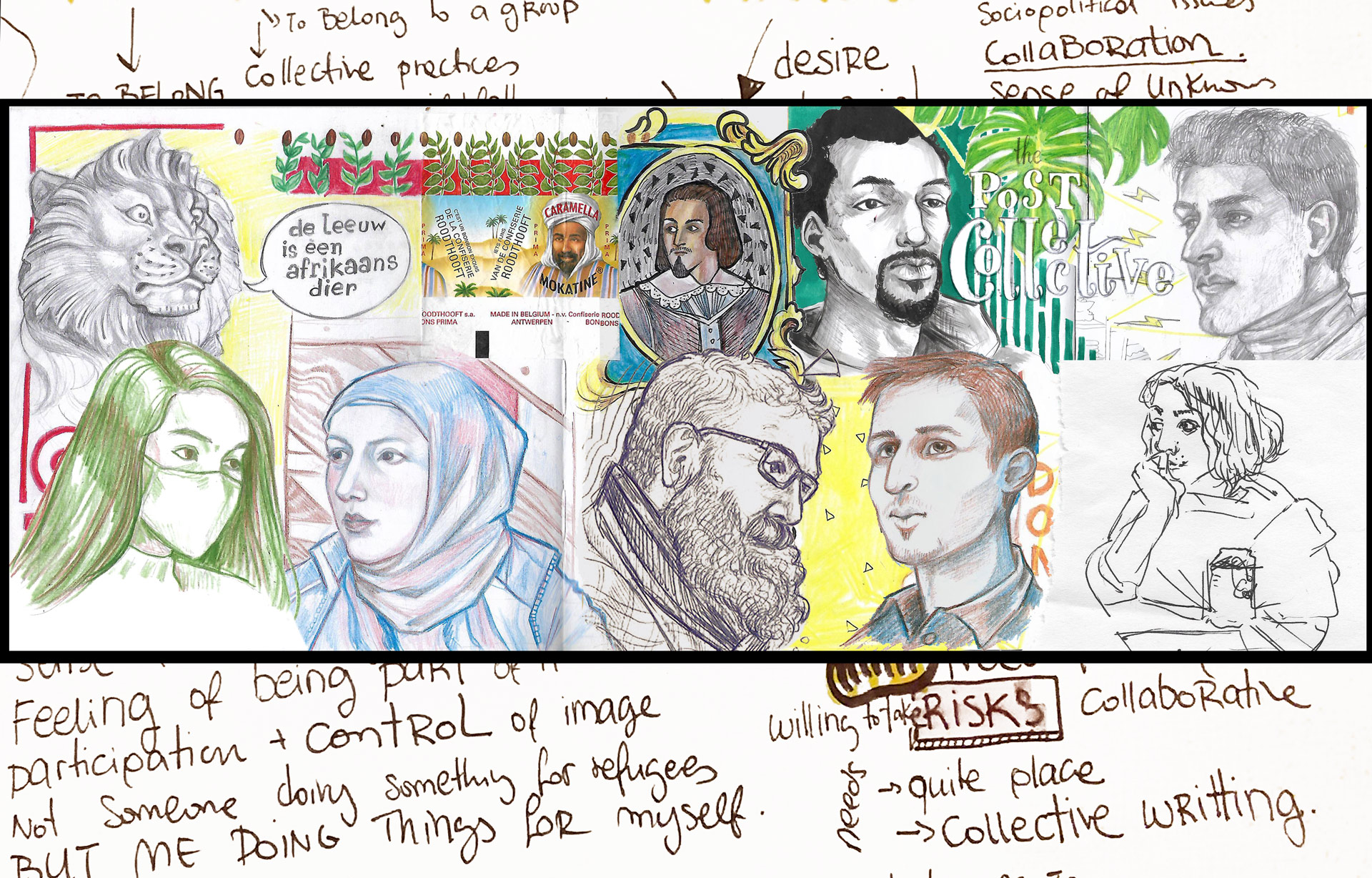
How are the arts adapting to the #NewNormal"? One year into the global pandemic, this series presents experiences and stories of #resilience, #adaptation, and success from the arts sector to the Covid-19 pandemic, with particular focus on arts & disabilities, artists residencies and arts funding.
This article comments on the funding measures in the Netherlands for artists during the pandemic. Drawing from an online symposium on affecting change through AiR (Artist in Residency) — organised by TransArtists - AiR Platform NL and two Dutch residencies — Jue Yang looks into positive support from institutions and the importance of an AiR platform.
While the pandemic has introduced a major slow-down in the cultural sector — prompting reflections on fair and sustainable practices — the system of exploitation in cultural production was in place long before the pandemic. This article reviews support for artists from the Dutch government during the pandemic and discusses findings from a recent symposium on affecting change through AiR.
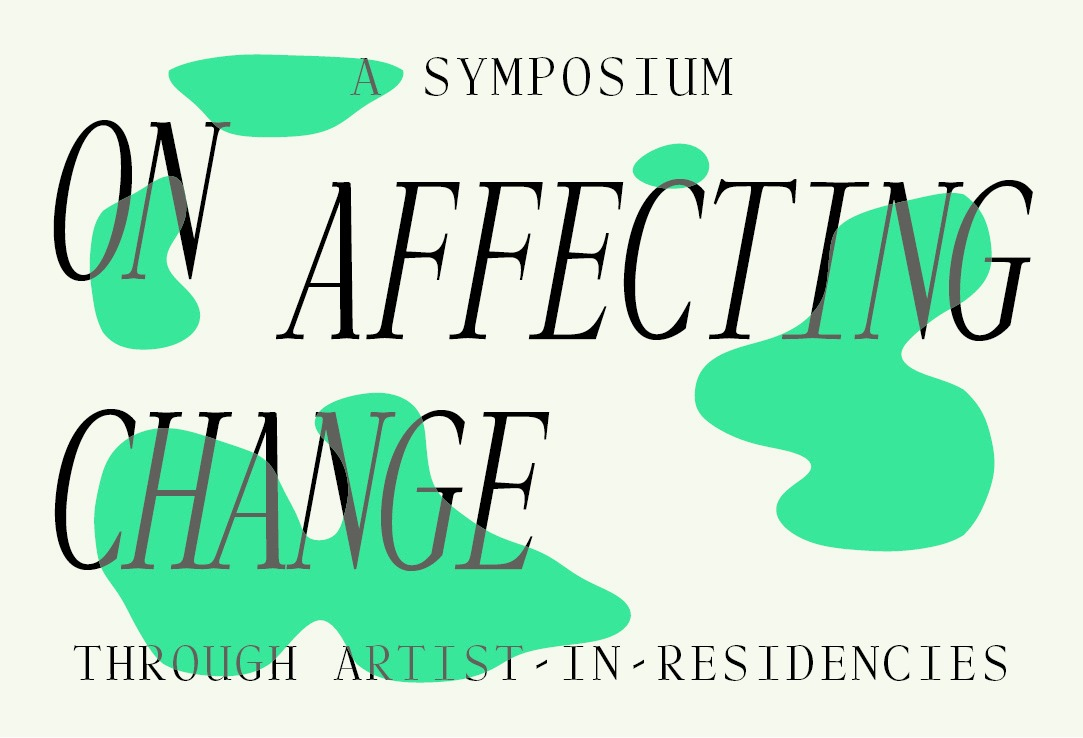
The symposium took place on 8 and 10 December, 2020 and 14 January, 2021. Image credit: Kristen Metho
Reality check: the pandemic amplifies existing systemic inequalities
Usually self-employed or freelance workers, artists have been susceptible to income loss during the pandemic. While the Dutch government offered emergency funding schemes to self-employed persons, many cultural workers were unable to meet the requirements of a work-hour threshold (1,225 hours/year) and/or a business address separate from home address. The Boekman Institute reports that independent cultural makers had difficulties in qualifying for such support because their professional practice differs from what the government defines as entrepreneurship.
Although the national cultural funds (e.g. Mondriaan Fonds) directed resources to help artists in 2020, measures mostly focused on artists whose projects, assignments, exhibitions and/or sales were canceled or postponed. Artists without an existing contract or those who were unable to plan new ones were left out.
Besides financial uncertainty, artists also experienced a stagnancy in visibility. “Gaining access to visibility is very time-consuming and is especially hard at times of crisis,” says Rossella Nisio, an artist based in Rotterdam, “visibility and reliable access to publication channels close to one’s practice are a meaningful part of making the practice sustainable.”
What systemic changes can artist residencies make?
In December, dozens of artists’ residencies organisers gathered virtually at a symposium on affecting change through AiR, co-organised by TransArtists – AiR Platform NL and two Dutch residencies Hotel Maria Kapel and KunsthuisSYB. Discussions at the symposium focused on how artist residencies could support artists while taking care of themselves as organisations. “Artist residencies are relational systems shared with artists, organisers and local communities,” says Josine Sibum Siderius, managing director of KunsthuisSYB, “taking care of ourselves and of each other is the base for changing at a systemic level.”
Many participants at the symposium emphasised the need to value invisible labour — both in operating as an institution and in compensating the artists. On a practical level, participants raised the importance of paying artists fairly, making residencies artist-driven rather than programme-driven and cultivating inclusivity (in the Dutch context, this often means including non-white, non-cis-gender artists).
Hotel Maria Kapel, for example, has established set fees for all artists-in-residence in 2021. “This was possible because of a shift in funding models with the Mondriaan Fonds, which has considerably increased and secured our overall funds,” writes Miriam Wistreich, previous Artistic Director of Hotel Maria Kapel, “we've been working towards it for years.”
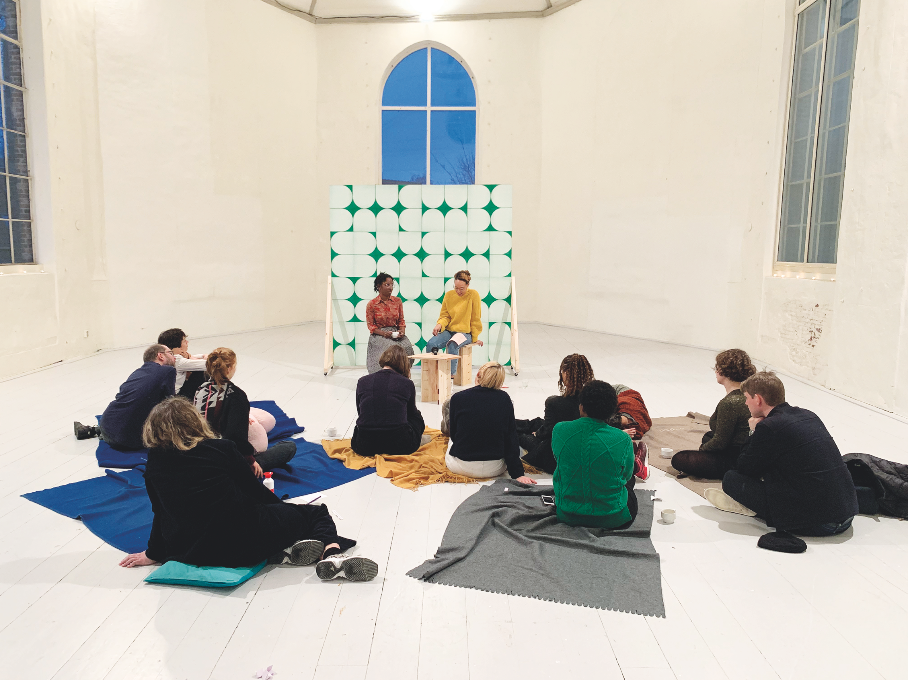
Photo from 2019 before the pandemic. Sekai Makoni, former artist-in-residence at Hotel Maria Kapel, hosted a one-day meditation on navigating an artist residency, black womanhood, perfectionism and rest. “Explaining and theorising your work to a funder can be a burden. What the funding institutions could do for the artists is to make the process more accessible,” says Sekai in an interview for this article. Image credit: Rik Dijkhuizen
However, the amount of agency in supporting artists depends on the funding an institution can receive. In May 2020, the Dutch government created a 300-million Euro package to support the cultural sector in response to the pandemic. However, a large part of the money goes towards larger, already subsidised institutions.
Since the culture budget cuts starting in 2010, the funding model in the Netherlands for small institutions has moved towards more competitive systems, resulting in many small institutions being underfunded. “Most of us are working in very small institutions, with two or three paid employees, often artists ourselves,” says Josine. “The funding in 2020 ensured Hotel Maria Kapel a more stable financial situation, but it also meant that many other small institutions were left in dire circumstances as funding was withdrawn,” writes Miriam.
Kunsthal Gent in Belgium is a positive example of an institution with a dedicated budget, which comes from the city of Gent and the Flemish government. During the pandemic, the government launched extra financial measures for which the institution was eligible to apply. Kunsthal Gent runs a Development Programme — the equivalent of an artist residency — which hosts 6 artists/collectives a year. Each resident receives a budget of €5,000.
To adapt to lockdown cancellations, residents from spring 2020 were paid in full. Kunsthal Gent decided to extend the term of the 1 resident (The Post Collective) and tried to reschedule the rest to 2021. “2 other residencies were cut short, so we decided to make space for them to be completed in 2021. 1 residency was completely postponed to 2021,” writes Danielle van Zuijlen from the Development Programme.

The Post Collective was one of the residents hosted by Kunsthal Gent in Belgium during spring 2020. In response to the pandemic, Kunsthal Gent extended their residency to support them in difficult times. Image credit: The Post Collective / Mirra Markhaëva
A platform of artist residencies creates momentum for policy changes
During the symposium, it became clear that a platform by and for artist residencies — such as Transartist - AiR Platform NL — is crucial for facilitating knowledge and exchange of best practices as well as creating momentum for actual policy changes. The platform has been part of TransArtists since 2004. The latter merged with other cultural organisations in 2013 into DutchCulture.
According to the coordinator of TransArtists - AiR Platform NL, Heidi Vogels, the platform has initiated research into different AiR models in the region, created practical tools (e.g. the AiR checklist for hosts), developed exchange projects between different countries and helped set up a network of technical work spaces. The platform keeps connections with different levels of governments — from the Dutch Ministry of Culture and Foreign Affairs, to EU working groups, to local municipalities – and other active platforms — such as the research and advocacy group Platform BK. With these networks, the platform is able to advise policy development in AiR strategies and funds.
To take care of artists and themselves, artist residencies need to prioritise fair compensation for staff and establish fair payment for artists. A platform for artist residencies — actively connecting with policy makers and other networks — can be crucial in creating a coalition for policy changes, especially those directly related to funding environments.
Further readings:
- Reader from the symposium “on affecting change through AiR” — https://www.transartists.org/sites/default/files/attachments/Reader.pdf
- “Country specific information on COVID-19’s implications for the cultural sector” — https://www.culturalpolicies.net/covid-19/country-reports/
- “Where should we begin? Interview #1: Professor Mark Banks” — https://www.boekman.nl/actualiteit/where-should-we-begin-interview-1-professor-mark-banks/
- “How will the cultural sector emerge from the corona crisis?” https://www.boekman.nl/wp-content/uploads/2020/04/Summary-How-will-the-cultural-sector-emerge-from-the-coronacrisis-22-April.pdf
Jue Yang is a writer and filmmaker based in the Netherlands. She writes this article as a way to process and reflect on the difficulties she herself faces as a cultural practitioner during the pandemic. She is a contributor to the art magazine Metropolis M based in Utrecht, NL and has written for On&For Production, a European cooperative project conceived to advance and strengthen the field of artists’ moving image.
Similar content
25 Mar 2021
14 Jan 2021
23 Jan 2020 - 24 Jan 2020
posted on
06 Nov 2020
from - to
23 Mar 2021 - 24 Mar 2021
posted on
26 Mar 2015

